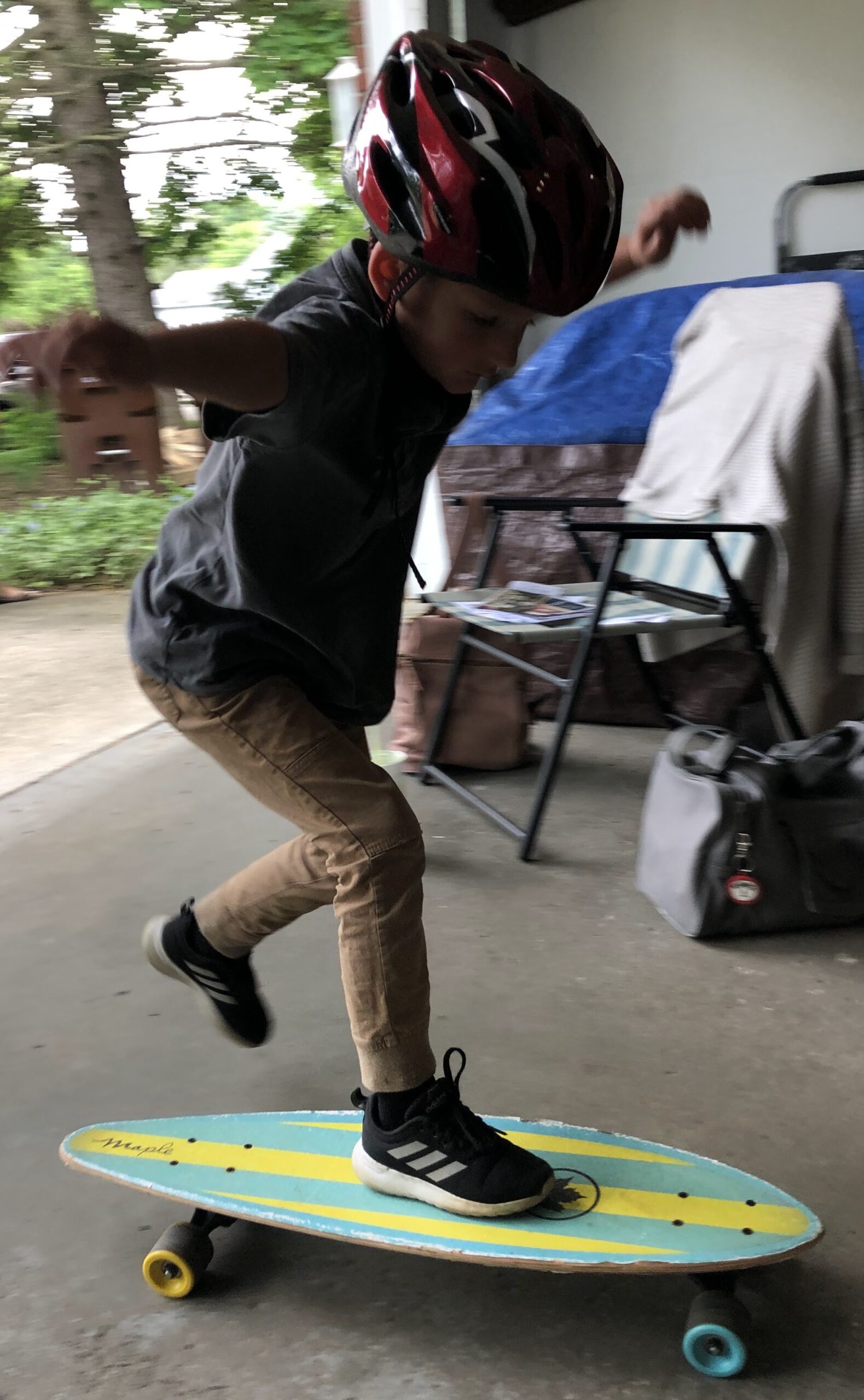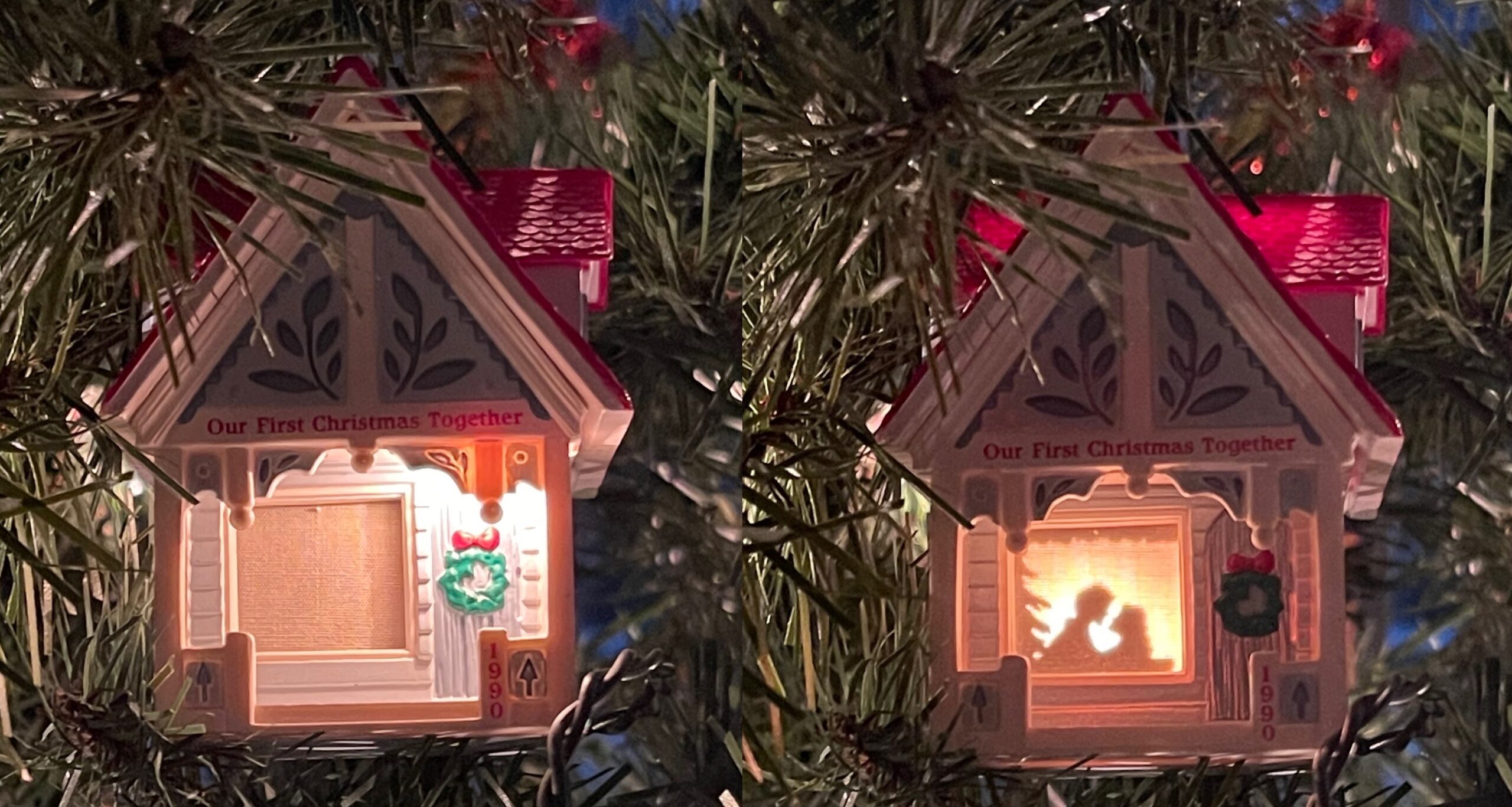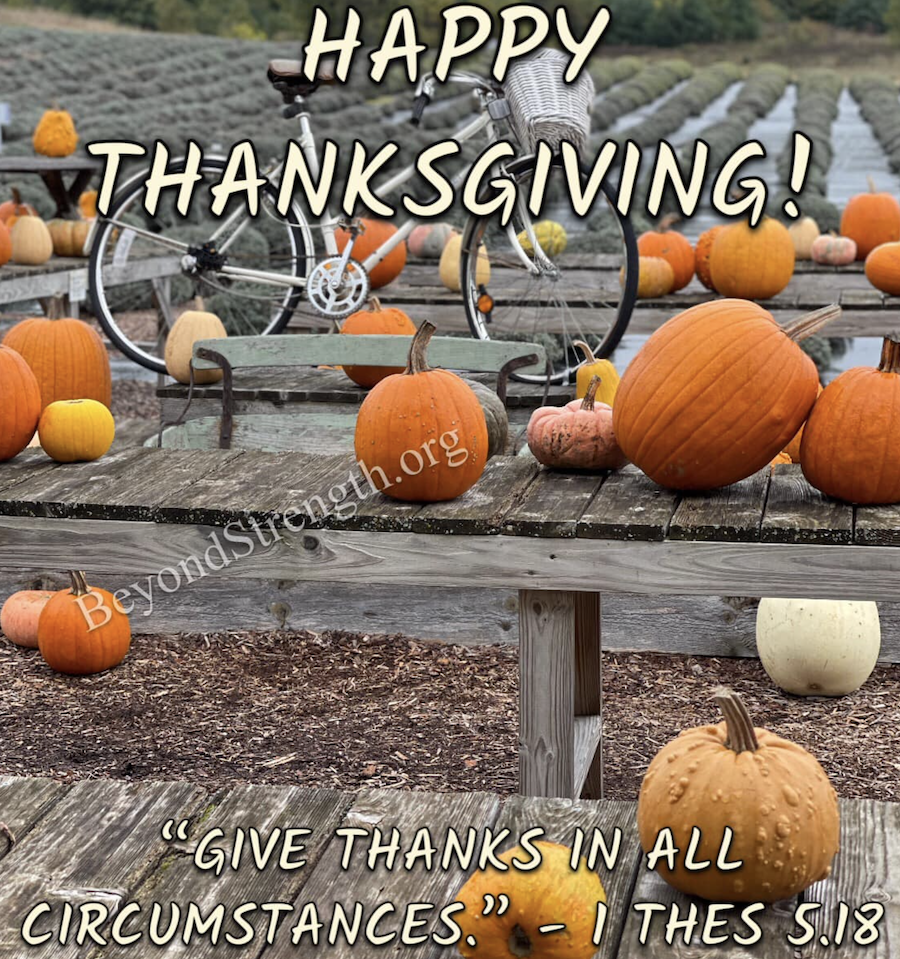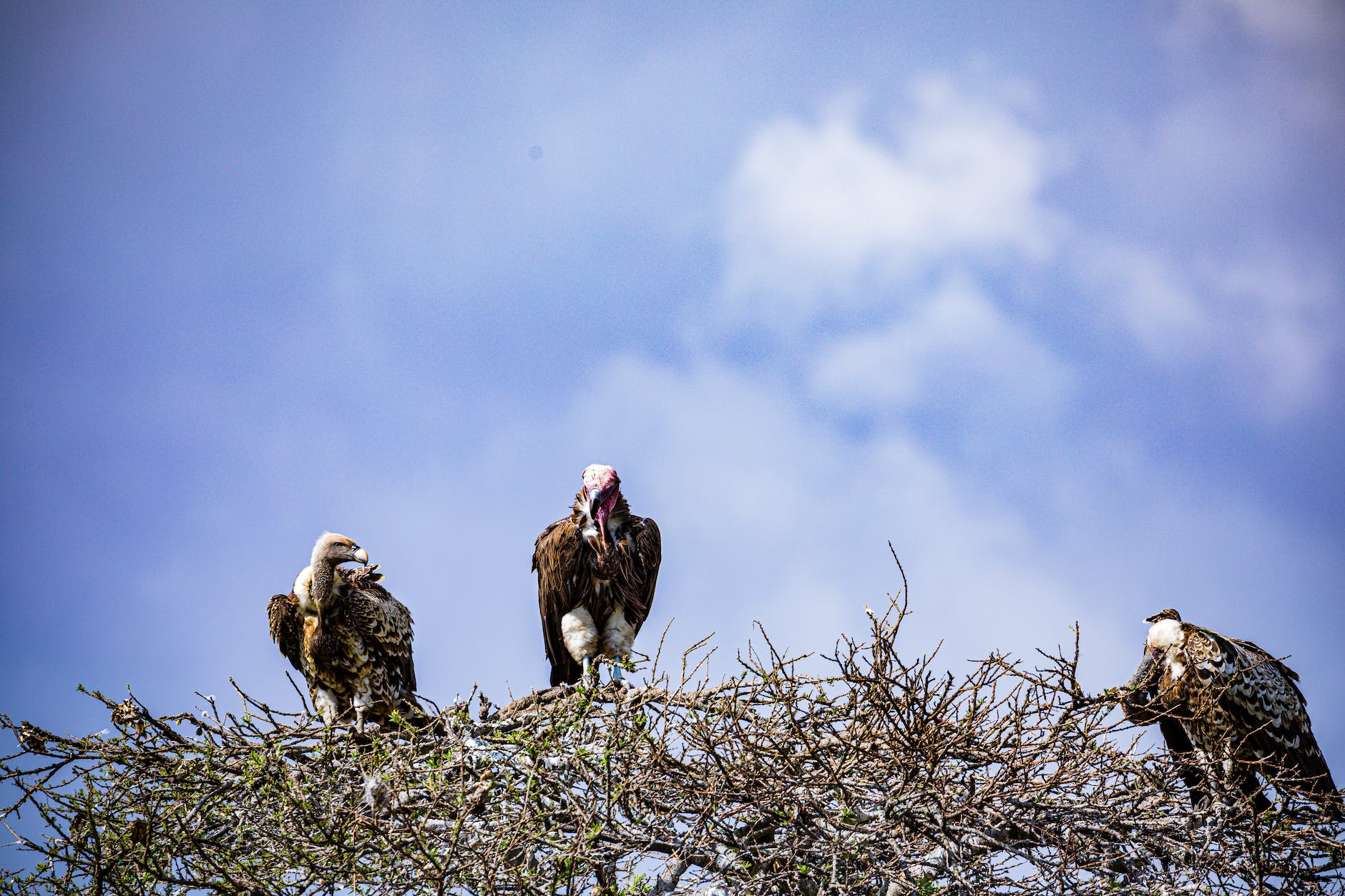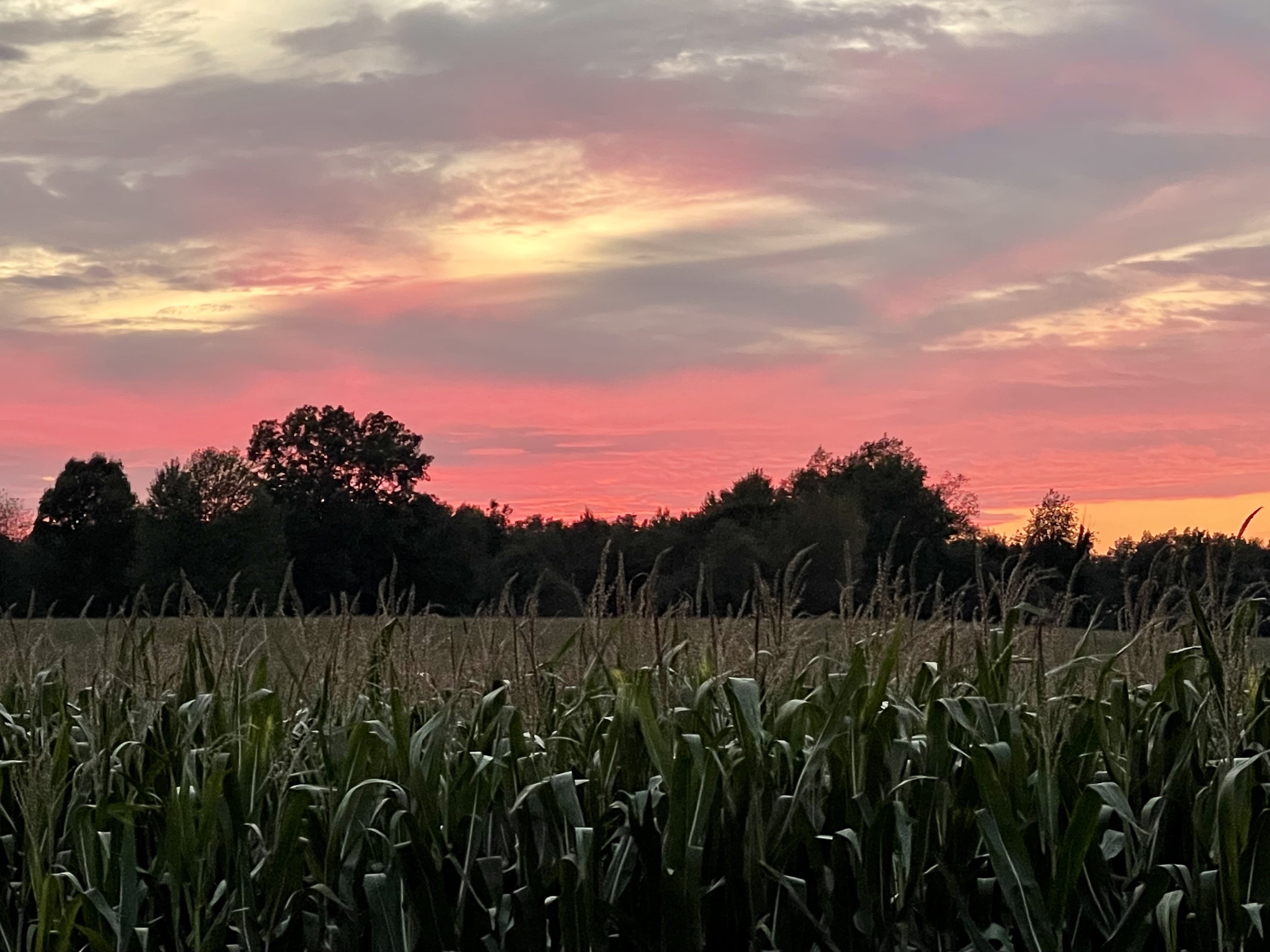February marks five years since I started beyondstrength.org. I intended it as a mechanism for personal healing, as well as a way to share some of the triumphs, failures, and lessons learned from a life of military service and public safety. I’m just an ordinary man, but I’ve been blessed with some extraordinary opportunities, training, education, and experiences. Having served and led from the lowest to highest levels of leadership, I’m well-traveled, well-read, I’ve seen and done a lot of things many have not, and I have an insatiable appetite for applied learning. What profit come in keeping these good, bad, and ugly exploits to myself? Reverend Nicky Gumbel puts it this way: “If you have been blessed by God, it is not for your own selfish indulgence or self-congratulation; it is in order that you can be a blessing to others.” How can I not share with others what God has ordained in my life?
Five years in, I think Beyond Strength has largely met its original intent.
Still, ‘exponential’ growth has been elusive, and I’ve been an epic failure at convincing anyone to actually buy the super-cool motivational and marketing stuff. But hey, they make great gifts!
Well, except for that one time at work…😳
But growth and cool merch have never been the point, and for a man of faith not much is coincidental. Like Joseph’s perspective after his brothers sold him into slavery, I know God uses even the bad for good…including that which others intended as evil.
So here’s your 4th Annual Year in Review! Social influencer or not, I’m hopeful that the content was mildly entertaining, inspiring, meaningful, helpful in some way, and consistent with my vision for this venture.
Failures & Faith (2/21/2022) – God looks at the sincerity of our faith, not our failures. Unlike us, he accurately assesses our motives, looking at the heart and crediting us for our faith without misreading our actions or keeping score.
Time, Distance, & Shielding (4/25/2022) – Time, distance, and shielding conceptualized the recommended course of action in the event of nuclear detonation. This also applies to other areas of life. Manage immediate risks by creating separation, physically and emotionally; give yourself time to assess, process, and plan; protect yourself by taking cover, erecting barriers, and building resilience until the unpleasantries pass.
Sounds Like Fun (6/18/2022) – Joy is a key ingredient to living a full life. Bonus that often our most productive days are the most enjoyable. Rejoice always…(1 Thessalonians 5.16)
Garage Sales & Garbage (8/13/2022) – Living a better life may involve getting rid of excessive garbage, literally and figuratively. Happiness and contentment are the result of disposition, not circumstances or an abundance of ‘things’. Maybe it’s time to get serious about removing things from our life we no longer need.




Climate Change (9/26/2022) – While changing ‘climate’ can be as easy as adjusting the thermostat or going south for the winter, acclimating to change isn’t quite that simple.
Vultures Will Gather (11/7/2022) – Buzzards aren’t the only creatures attracted to death or affliction. Human vultures are often circling around, fascinated with distress and eager to victimize their prey. Be strong, and don’t be an easy target.
Broken Together (12/10/2022) – Perfection is impossible for humans. So why should anyone be surprised when someone they love does something that hurts them? But “God delights in making something beautiful out of something broken.” (Pastor Don Denyes) The only answer to the enormous mess that selfish, unfaithful, broken, untrustworthy humans have made of everything is a Savior.
FITNESS UPDATE
Beyond Strength is wordplay to emphasize being strong in life means more than physical strength. However, part of this motivational ministry does involve physical wellness (Life, Leadership, and Fitness). Accordingly, here’s a snapshot of my personal fitness efforts over 2022 to help motivate and encourage.
Two years ago I committed to doing my age in push-ups every day, which amounted to about 20,000 last year. Use whatever works for you…five sets of 11 or 11 sets of five. I typically split mine up between two and five sets. I also did 217 primarily ‘strength’ workouts (weights, yoga, calisthenics, HIIT, etc.) and 91 primarily ‘cardio’ workouts (walking/running). It seems like a lot written out, but don’t be daunted. My workouts are typically 30 minutes or less, and I averaged less than eight miles running or walking per week last year (excluding fitness tracker step credit). Consistency is key. I’ve spent decades building a fitness lifestyle, so I know making exercise a habit is what keeps me going. Commit to walking just a mile every day or two, and doing a few pushups or body-weight squats to start. Nothing excessive; knee pushups are fine if you struggle with standard; wall-sits or walking a few flights of stairs are also good. Don’t get discouraged or beat yourself up if you feel unmotivated or miss a workout. It takes somewhere between 21 and 66 days to form a habit, so don’t give up…just start again tomorrow!
Please link to the 2022 articles above, have a look, and consider subscribing via email to this unapologetic motivational ministry. I also encourage you to consider partnering with me by purchasing any store merchandise that motivates or interests you, or by making a small donation. Each store purchase directly supports this site, and 10% of every donation will be given to the Veterans of Foreign Wars of the United States.
I’m grateful for your support and look forward to a great 2023 together.
Keep doing great things!
Get Strong. Be Strong. Stay Strong.


